WWW.SOLUTIONFANS.COM - MASTER OF ALL EXAM RUNS
Archaeologists are not always faced with ordinary discoveries. Sometimes, they stumble upon things that are quite perplexing and baffling. Here are seven of the most sensational discoveries that are still to be properly explored.
The Voynich Manuscript
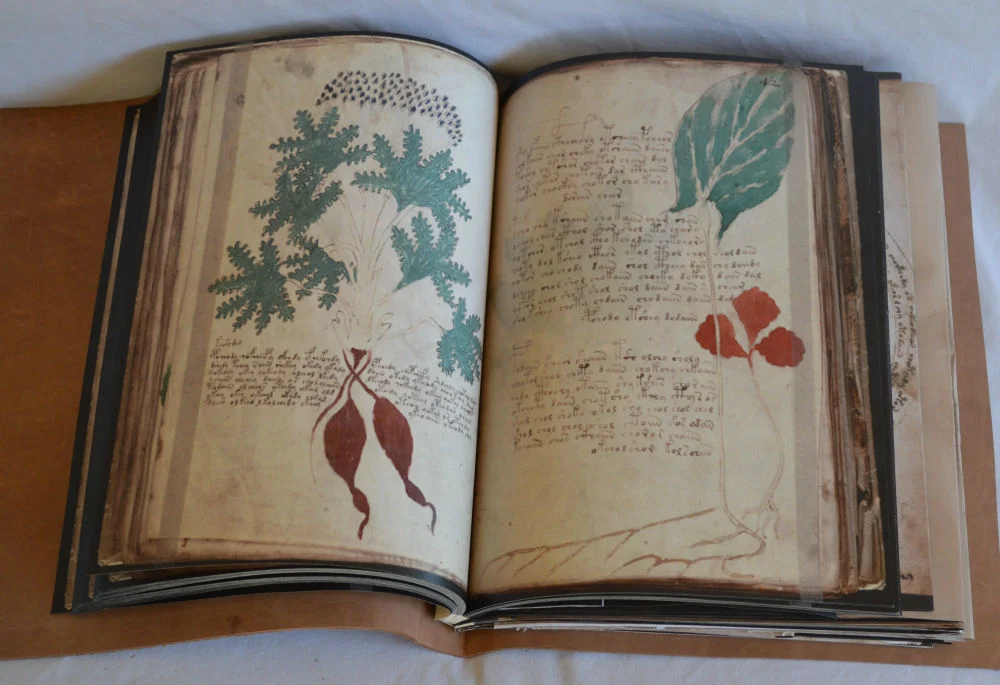
Rather than being named for the author, the Voynich manuscript is called after Wilfrid Voynich, a book dealer who purchased the mysterious codex back in 1912. Still, nobody can identify the person behind the hand-written artifact that’s written in an unknown language. In addition to the unreadable text, it is adorned with illustrations of unidentifiable plants and objects. Naturally, the manuscript has become a source of constantly evolving conspiracy theories. The last one claims that it was created as a sophisticated practical joke. However, writing 240 pages of text using an elaborate sign system might be too much even for a prankster with ADHD.
The Yonaguni Monument
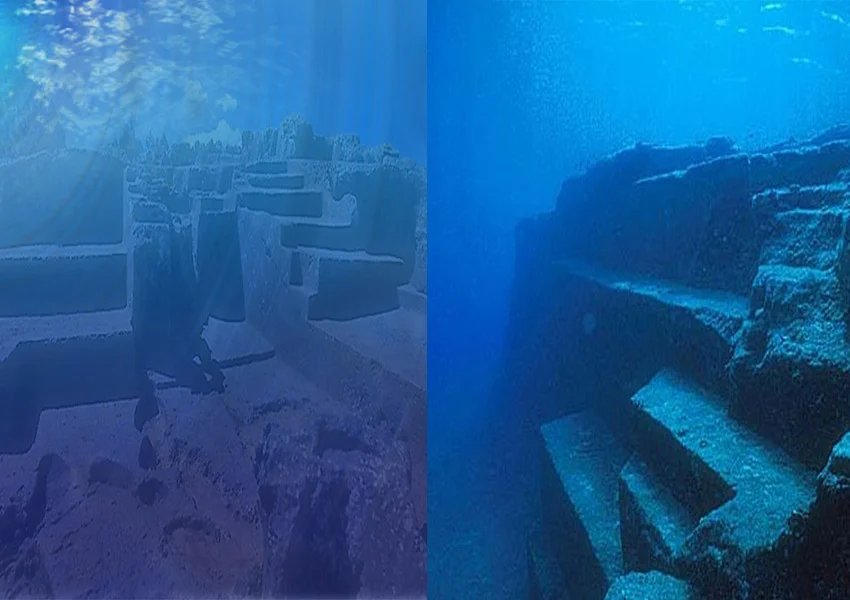
Discovered by a scuba diving instructor Kihachiro Aratake after he plunged into the water off the coast of the Japanese island of Yonaguni in 1986, the unsolved underwater mystery became known as ‘Japan’s Atlantis.’ A series of monoliths terraced into the side of a mountain lay six meters below the surface of the ocean. The gigantic rectangular formations with strikingly perfect 90 degree angles, straight walls, steps and columns are believed to be the remains of an ancient city that sunk due to seismic events thousands of years ago. Still, no one knows for sure.
Mount Owen Moa

In 1986, a group of archaeologists discovered an enormous, dinosaur-like claw when they were digging in a large cave system on Mount Owen in New Zealand. The claw was still intact with muscles and scaly skin attached to it. Later, the experts confirmed that it is a foot of now extinct wingless bird moa. The species disappeared about 2000 years ago. Moas were huge birds measuring up to 12 feet in height and up to 250 kg in weight. Unfortunately, they got hunted to extinction by our early ancestors.
Nazca Lines
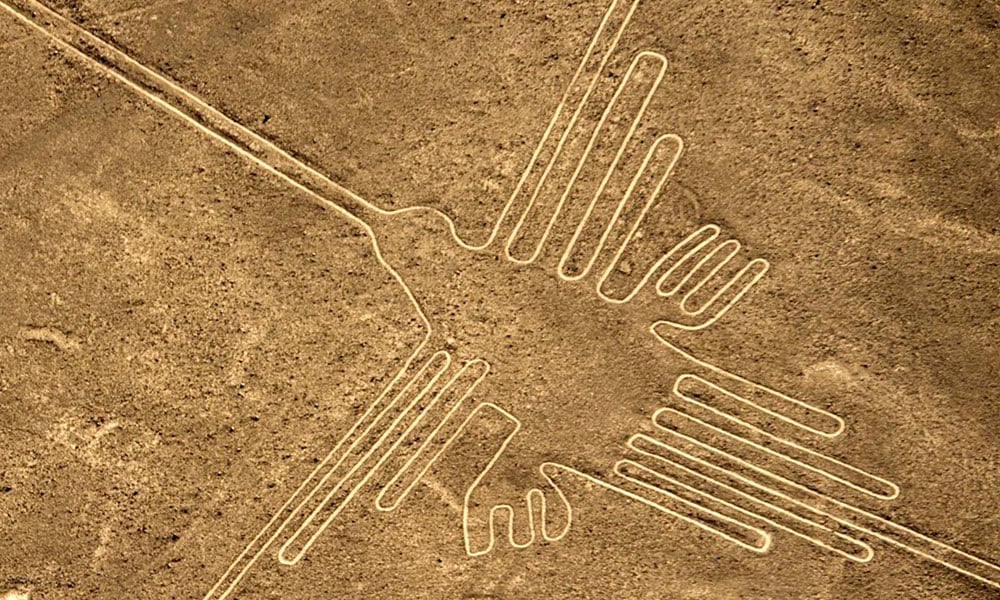
The unusual formation of white lines that can be seen and appreciated only from the sky remains one of the world’s biggest enigmas. The purpose of trapezoid elements, strange symbols, plant structures, pictures of birds and unrecognizable beasts etched on a giant scale is still unknown. Scientists estimated that the lines were created by Nazca Indians between 500 B.C and 700 A.D. meaning that these ancient drawings remain intact for more than 2500 years. The fans of conspiracy theories believe that the lines in the Nazca desert were created as an enormous airfield for aliens.
Costa Rica’s Stone Spheres

Still considered one of the world’s unsolved archaeological mysteries, nearly flawless spherical stones were first found in the Diquis Delta of Costa Rica during the 1930s. Hundreds more have been discovered all over the country. Ranging in size from a few centimeters to over 2 meters in diameter, the spheres sparked numerous myths and speculations. Scientists still don’t know for sure what the purpose of these mysterious polished orbs might be.
The Gobekli Tepe
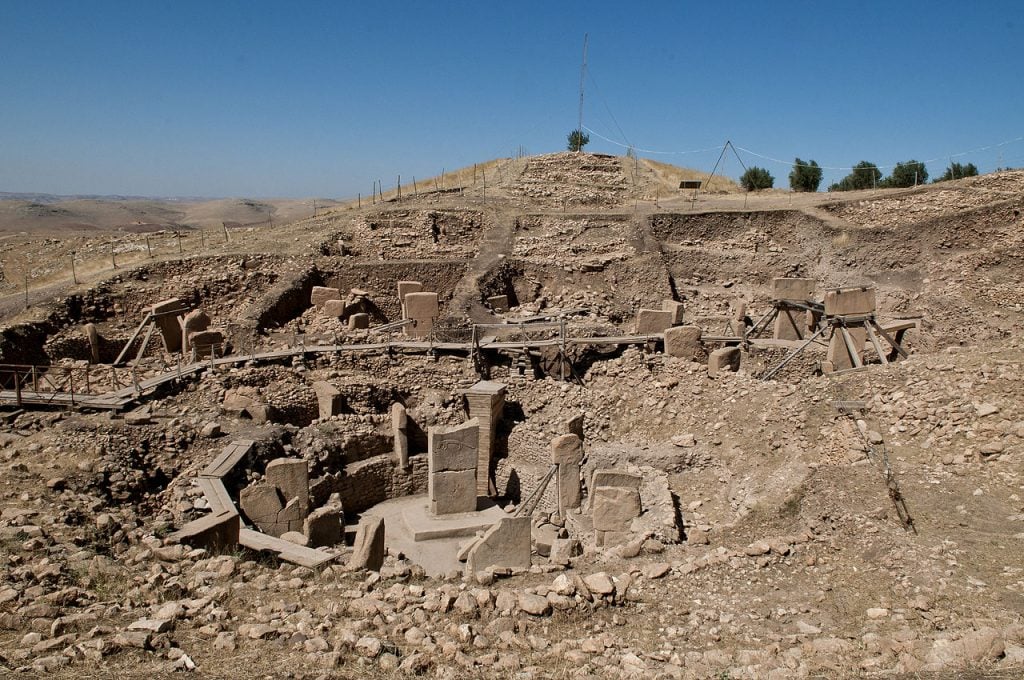
The ancient site of Göbekli Tepe in Turkey has rewritten the early history of civilization. Since the excavations started there in 1995, the discovery has changed the way archaeologists think about the Neolithic era and the origins of humanity. Scientists dug out circular structures with elaborately carved stones and distinctive pillars that are more than 12,000 years old. It was believed that in the Neolithic period pottery and agriculture hadn’t been invented. Today, the Göbekli Tepe site possesses the most ancient cathedral developed by humankind. This significant discovery is still to be explored thoroughly explored and explained.
The Unfinished Obelisk
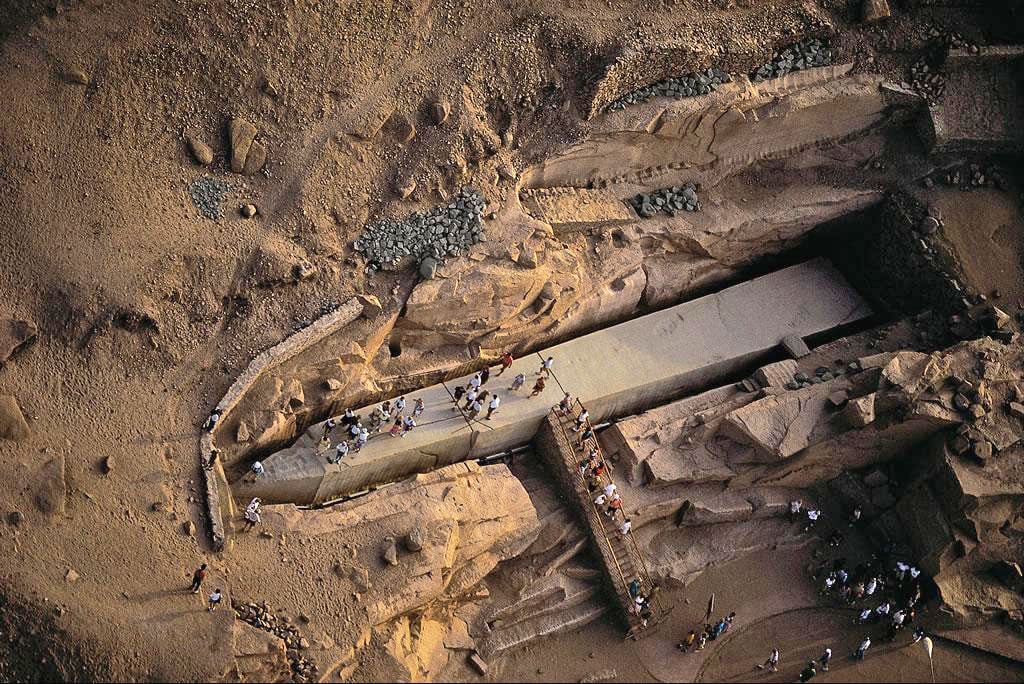
Taller than any known obelisk ever raised, the ‘Unfinished’ Obelisk is one of the most famous stones ever excavated. It could become the largest known Egyptian obelisk if it was erected. Once semi-carved from the solid bedrock, this gigantic stone block was intended to be 36m tall. It’s estimated that its weight would be between 1100 and 1150 tons.
also don't forget to leave a Reply, we would very MUCH appreciate Your Comments On This Post Below. Thanks!

